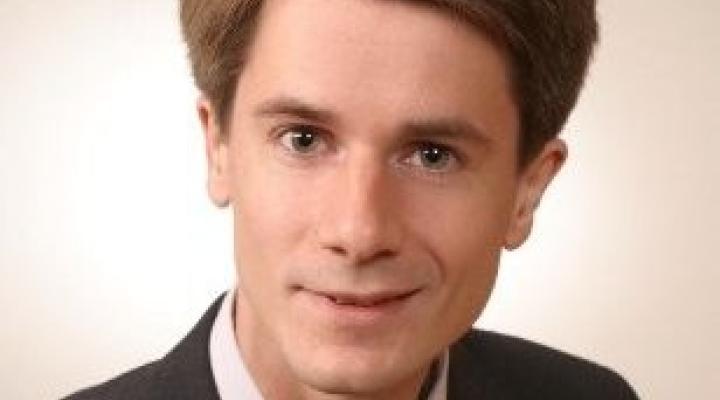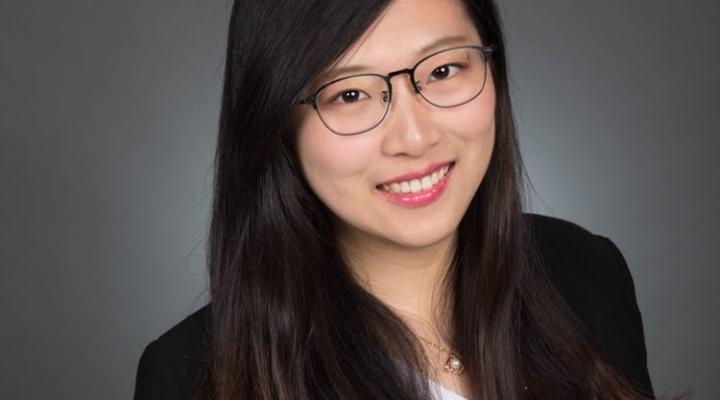Madeleine Udell, assistant professor and Richard and Sybil Smith Sesquicentennial Fellow in the School of Operations Research and Information Engineering (ORIE) at Cornell, studies optimization and machine learning for large scale data analysis. She received her bachelor’s degree in mathematics and physics from Yale University and went on to earn her Ph.D. in computational and mathematical engineering from Stanford University in 2015. Udell joins the faculty at Cornell after a year-long postdoctoral fellowship in the Center for Mathematics of Information at Caltech.
Udell’s research at Cornell centers on discovering structure in large messy data sets, and designing efficient optimization schemes for novel applications in data analysis and engineering system design. Specific areas of application are in marketing, finance, demographic modeling, and medical informatics. “I question people in industry to better understand the problems they need to solve,” says Udell. “I look for similarities across industries so instead of addressing one problem at a time I can solve a whole category of problems.”
Udell has developed a number of open source libraries for modeling and solving optimization problems. One such library is Convex.jl, which is written in the new Julia language for technical computing and is one of the top ten ranked tools in Julia. Udell has also created a tool to guide solar panel installers to the optimal layout given exact local conditions. The precise configuration of solar panels on a roof can make a huge difference in the total energy output of the array over its lifetime.
One major new area of exploration for Udell is developing low rank model software packages to help researchers better understand large collections of tabular data. Often, these large collections include numerical values along with Boolean, ordinal, and categorical data. Also, these tables are sometimes incomplete, with missing entries. Low rank models can work with heterogeneous values and account for missing entries in a principled way.
Udell was born in Santa Monica and grew up in San Francisco. She was always good at math in school and decided to pursue physics when her high school physics teacher gave her a national exam that was pleasingly difficult. “The questions were hard and required more effort than my usual school work,” says Udell. “I enjoyed the challenge.” As she delved deeper into both math and physics at Yale, Udell decided she wanted to do something “on more of a human scale than the branches of physics.”
While at Stanford she began to specialize in optimization. “When I heard it described what optimization is, I did not think it should be its own field since that is what we all do all the time anyway,” says Udell. “I find ways of using math to make better decisions. No matter who I talk to in no matter what field, there is some optimization problem they are having.” In the past, Udell has had internships in finance, healthcare, politics, and cyber-security and in all of them there were engaging optimization problems to tackle.
Udell is pleased to be at Cornell. “This department is fantastic. The faculty I get to work with are incredible and the students are so bright and gung-ho and excited to be here.” Udell will be teaching a class called “Learning with Big Messy Data” in the fall. When she is not teaching or doing research, Udell likes to run, backpack, bike, read, and play the harp.





